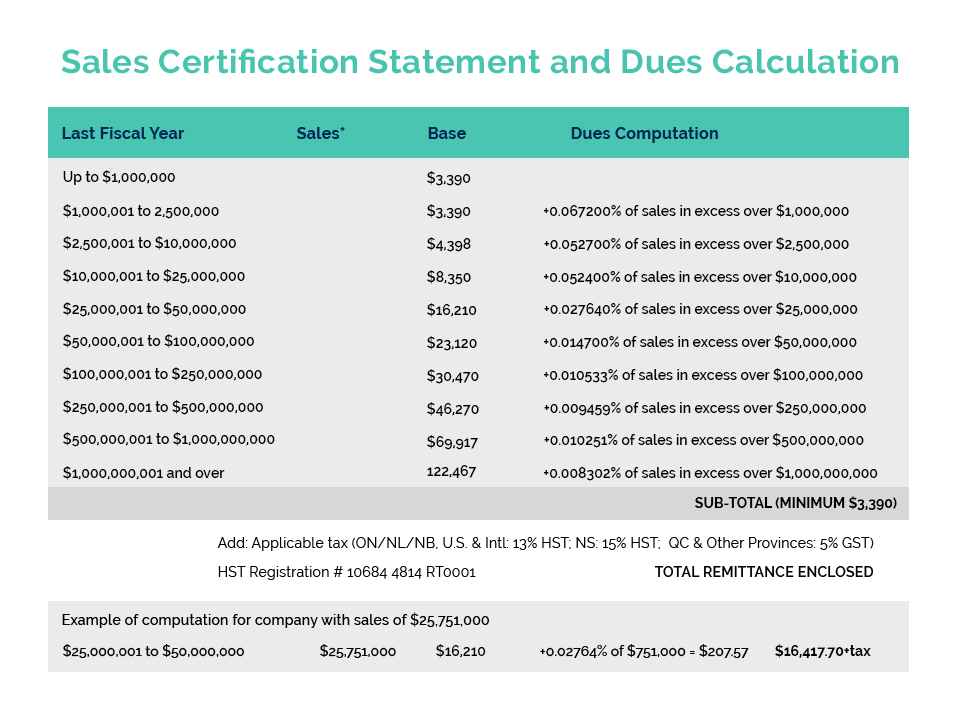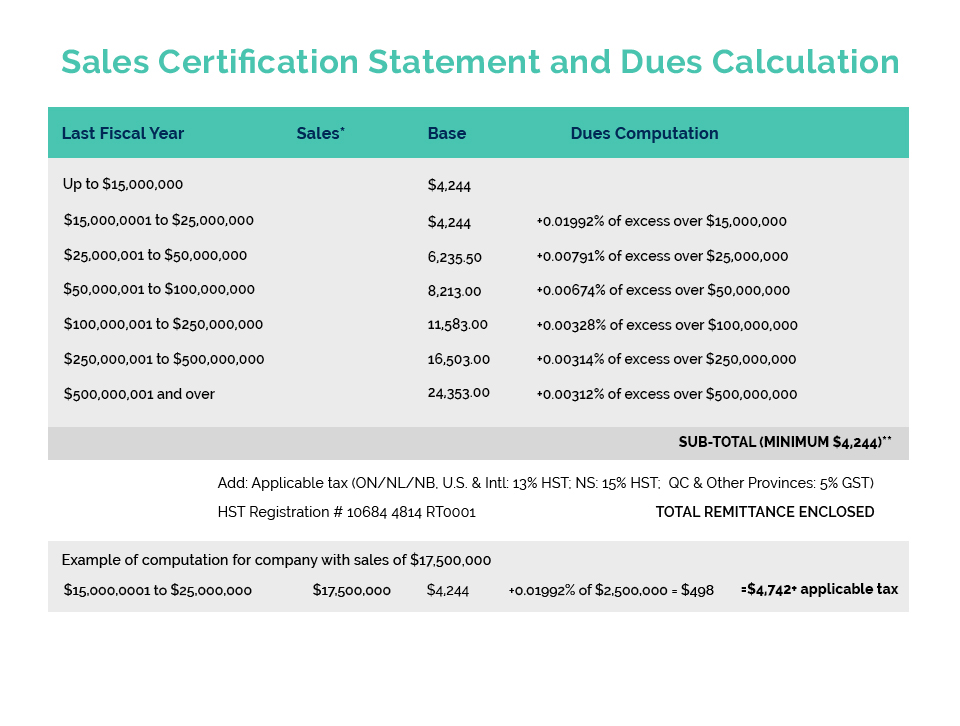No Animal Should Die in the Name of Beauty … And in Canada, They Don’t!
Background
Humane Society International (HSI) recently launched their “Save Ralph” campaign as part of the international effort to ban the use of animal testing on cosmetic products in jurisdictions around the world. HSI is one of several organizations that have been undertaking such efforts and have been joined by many cosmetics companies and their industry associations, including Cosmetics Alliance Canada.
In March 2013, the European Union completed their prohibition on the sale of any cosmetic in the EU that has been tested on animals anywhere in the world going forward. With the adoption of the ban, along with significant industry and government investments since then to support the development of alternative testing models, the cosmetics industry internationally has already moved away from the use of animal testing including in Canada. In fact, the testing on Ralph’s eyes as illustrated in the HSI video, known as the Draize Test for eye irritation, was developed in the 1940’s but has long been replaced by non-animal alternatives.
In Canada, there are no regulatory requirements under the Food & Drugs Act and Cosmetic Regulations that require a manufacturer to undertake animal testing on cosmetics products, only that the products be safe when used as intended. Manufacturers and importers are guided by Health Canada’s “Hot List” of prohibited and restricted ingredients. This list was developed and is regularly updated by Health Canada and is based on data and assessments from Canada’s Chemicals Management Plan, numerous regulatory databases, the Cosmetics Ingredient Review, and other regulators from around the globe.
There remain, however, jurisdictions in which governing regulations may still require the use of animal testing on some cosmetic products. This includes the Peoples Republic of China which requires such testing on imported cosmetic products. These tests are unnecessary as there are non-animal alternatives available. China, however, is now in the process of implementing an exemption where the regulatory authority in the exporting country can issue a manufacturing standards compliance certificate thereby eliminating this requirement for animal testing. Cosmetics Alliance is currently working with Health Canada and Global Affairs Canada to ensure such a certification system is in place for Canadian manufacturers once this new regulation comes into force.
Animal Testing Ban Legislation in Canada – Nearly There!
Securing a legal ban on animal testing on cosmetic products in Canada would strengthen and add to the movement globally.
Following two unsuccessful attempts to adopt such a ban through a private member’s bill initiated in the Senate, various stakeholders including Cosmetics Alliance were able to agree on the principles for such a ban in Canada, including the need to align our rules with those of the European Union. It was further agreed that the required legislative and regulatory changes should be initiated by the Minister of Health as a government bill. This would ensure sufficient support for passage and that the details would technically work within the complexities of our Food & Drugs Act and Cosmetic Regulations.
This approach was welcomed by the Government. However, with the rise of the COVID-19 pandemic, efforts to advance such legislation were put on hold as the focus of Health Canada and the Minister of Health turned to the pandemic and its related priorities. Cosmetics Alliance and our fellow stakeholders have collectively reached out the Minister’s office to ensure that this matter remains on the Minister’s agenda to advance as soon as is practicable.
Given all of the work achieved to date, and the common cause that has been made by so many stakeholders including industry, Cosmetics Alliance wants to ensure that this initiative moves forward to its conclusion and Canada is added to the growing list of countries that have formally adopted the ban.
Importance of Development and Acceptance of Alternative Methods to Animal Testing
The key to eliminating the use of animals in testing is the development of alternative non-animal testing methods as well as the acceptance of these methods by the responsible regulatory authorities. This should apply not only to cosmetics, but to all consumer products including foods, drugs, natural health products, household products, and more.
As one of the first industries to experience such a ban, the cosmetics industry has become a leader in advancing the development and adoption of non-animal alternatives. The significant financial commitment of various jurisdictions such as the European Union, as well as that of industry and the scientific community, are resulting in the development of many alternative non-animal testing methodologies to assess safety and efficacy. This includes Canada’s first research centre dedicated exclusively to non-animal methods – the Canadian Centre for Alternatives to Animal Methods (CCAAM) and its subsidiary, the Canadian Centre for the Validation of Alternative Methods (CCVAM), at the University of Windsor.
Cosmetics Alliance, along with our international industry colleagues, are very engaged in this work and in July 2019 hosted the scientific workshop entitled “Risk Assessment Principles and Their Application in Decision Making – A Key Tool in the Elimination of Animal Testing”. This brought together dozens of international scientists and regulators from around the globe as well as animal protection advocates including HSI.
As more non-animal alternative testing methodologies are developed and validated by regulators, the world should expect to see a declining use of animals in all areas of testing and not just with respect to cosmetics!
Contact:
Susan Nieuwhof, snieuwhof@cosmeticsalliance.ca







